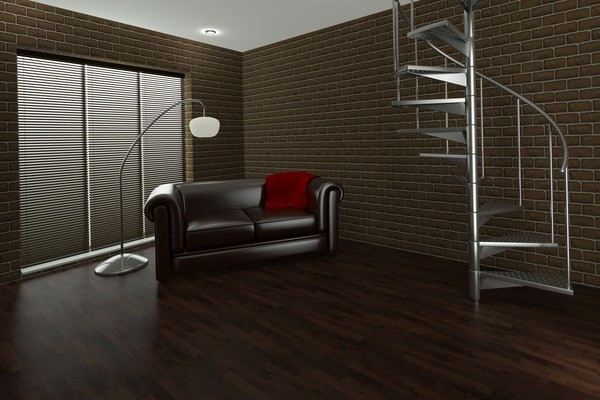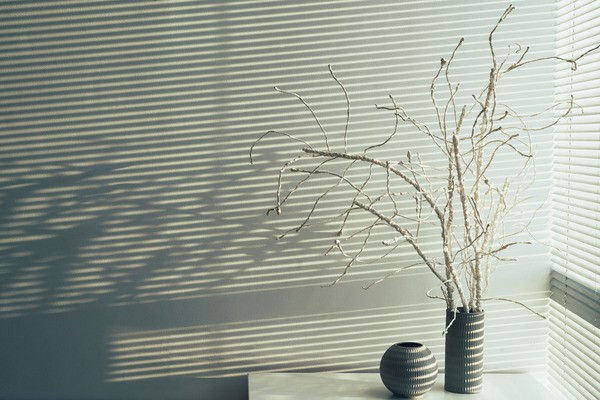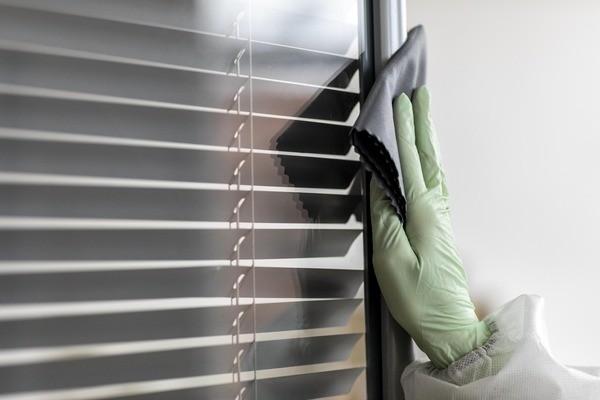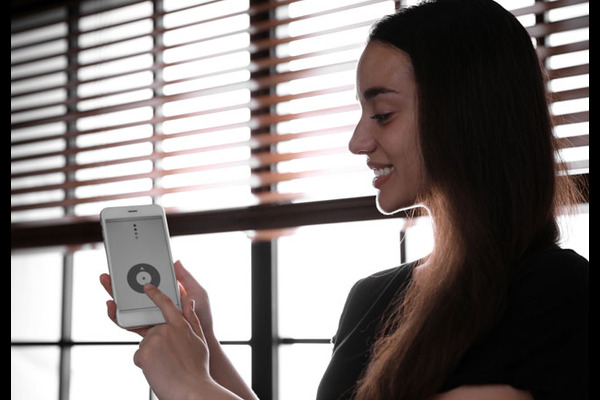
How To Soundproof A Room Using Window Coverings?
If your windows feel more like open doors to the chaos outside, you’re not alone.
A lot of us struggle with noise - especially when we’re working from home, raising babies, caring for loved ones, or just trying to unwind. Even something as simple as kids playing across the street, or constant honking can turn your peaceful home into a noisy, stressful zone.
But you don’t have to live with that outside noise anymore, and you don’t need to break the bank to reduce it either. With the right Soundproof Window Coverings, you can create a quieter, more comfortable space that suits your style.
In this article, we’ll explore how soundproof window coverings work, which types are most effective, and how to choose the best ones for your space.
1. How Do Window Coverings Reduce Noise?
Windows are one of the weakest points in your room when it comes to sound. They’re thin, and sound waves easily pass through glass. But when you install thick or layered window treatments, you add a sound-absorbing barrier that helps stop those waves.
Think of window coverings like cushions for your windows - they absorb sound instead of letting it bounce into your space.
2. What Type Of Window Coverings Help With Soundproofing?
Not all window coverings are built the same when it comes to noise reduction. While some simply soften the look of a room, others actually soften the sound of it too. The key is to look for designs and materials that do more than just cover your windows. They should actively help reduce the noise you hear every day.
i) Honeycomb (Cellular) Blinds
These are known for their unique pocketed structure, which traps air. That trapped air acts like a buffer, helping absorb sound before it enters the room.
Great for:
- Bedrooms
- Home offices
- Apartments near traffic
ii) Blackout Blinds
Originally made to block out light, blackout blinds also help reduce sound. The thick fabric adds a layer that dampens noise - perfect for light sleepers or home theaters. While not fully soundproof, they can reduce everyday sounds like cars, people talking, or outdoor machinery.
Great for:
- Media rooms
- Baby nurseries
- Shift workers who sleep during the day
iii) Heavy Drapes or Curtains
The heavier the curtain, the better it absorbs sound. Velvet, suede, or multi-layered curtains are especially good at reducing echoes and outdoor noise. You can even pair them with blinds for extra sound control.
Pro tip: Let the curtains hang from ceiling to floor and go wider than your window to trap more sound.
iv) Window Shutters
Shutters, especially wooden or faux-wood, add a solid barrier between your room and the outside world. They reduce the vibration of sound waves hitting your window glass.
Perfect for:
- Street-facing rooms
- Offices and dens
- Stylish sound control with minimal fabric
3. Can Window Coverings Really Reduce Noise?
Yes. While window coverings alone won’t block all sound, the right ones can significantly reduce outside noise. Windows are one of the main places where sound enters a room, so adding an extra layer of insulation with the right treatment helps absorb and muffle sound.
4. Where Should You Use Soundproof Window Coverings?
- Bedrooms – for a quiet and restful sleep
- Home offices – to stay focused during work
- Media rooms – for a better movie or gaming experience
- Nurseries – to help babies sleep without outside disturbance
5. What’s the best combo for maximum soundproofing?
When it comes to reducing noise, layering your window coverings is one of the smartest and most effective things you can do. A single window treatment can help, but combining two or more types gives you extra protection from sound - kind of like wearing a sweater and a jacket on a cold day.
One of the best combos for soundproofing is:
Cellular (Honeycomb) Blinds + Heavy Blackout Curtains
Let’s break down why this works so well:
- Cellular blinds have a unique honeycomb design that traps air in small pockets. These air pockets act like a buffer zone, absorbing and dampening incoming noise. They also improve insulation, helping keep your room warm in winter and cool in summer.
- Blackout curtains, on the other hand, are made with thick, tightly woven fabric that blocks both light and sound. The heavier the curtain, the more sound it absorbs - especially soft noises like voices, distant traffic, or outdoor humming.
When you use both together, the blinds absorb and block sound at the window, and the curtains add a second sound-dampening layer. This layered setup reduces echo inside the room and prevents more outside noise from creeping in.
Make sure the curtains are wide and long enough — ideally reaching from ceiling to floor and covering the wall around the window frame. This way, you’ll seal off more sound leaks and get better results. Whether it’s for a bedroom, study, or media room, this combo creates a quieter, cozier, and more peaceful space.
If you're looking to soundproof your home using smart, stylish, and practical window treatments, and wondering where to look, Sun Blinds provides several window covering options that help block noise, including Honeycomb Blinds, Blackout Blinds, Window Shutters. These products not only help with noise, but also improve insulation, privacy, and energy savings.
Contact Us today to find the perfect window coverings for your home.



